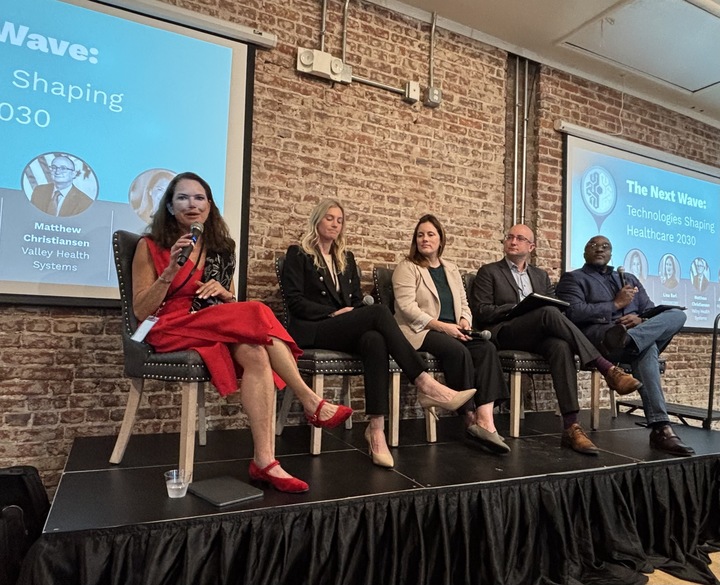
Cofactor AI, a company that helps hospitals appeal claims denials, announced it raised $4 million in a seed funding round led by Drive Capital.
WHAT IT DOES
Cofactor AI’s platform, Cofactor Denial Suite, combines with EHR systems and clearinghouses and immediately locates the exact contextual information required to generate successful appeals.
Employing its proprietary medical-native foundation model, Cofactor AI analyzes clinical evidence, coding guidelines, standard of care guidelines and peer-reviewed studies. It also identifies discrepancies between claims, medical documentation, payer policies and facility contracts.
The company will use the funds to help hospitals appeal claims denials.
“Fighting claims denials is an overwhelming challenge for hospitals,” Adi Tantravahi, Cofactor AI cofounder and CEO, said in a statement.
“Cofactor AI puts powerful, AI-driven tools directly into the hands of providers to ensure they are compensated fairly for the care they deliver to patients. We are leveling the playing field in the AI arms race between payers and providers.”
MARKET SNAPSHOT
Other companies in the claims denial appeal space include Guardian AI, which has an AI platform that helps healthcare providers, including hospitals, MSOs and physician groups, fight denials and address unpaid claims.
A report published by the American Hospital Association found that hospitals and health systems spent an estimated $19.7 billion in 2022 trying to overturn denied claims.
The report revealed that almost 15% of claims submitted to private payers are initially not approved, even many that were preapproved during the prior authorization process. In general, 15.7% of Medicare Advantage and 13.9% of commercial claims were denied at first, according to the report.
The Healthcare Financial Management Association (HFMA) reported that claim denial rates are increasing and they are driven in part by AI-powered robots. The report says that health systems are starting to push back.
Denial rates as a percentage of claim value rose from 10.15% in 2020 to 11.99% by the end of Q3 2023, according to a recent benchmarking analysis. Data from the analysis indicated that they were even higher for inpatient care at 14.07% through Q3 2023.
An October report by HFMA revealed that almost 60% of health system CFOs said their relationships with health plans changed for the worse, with 80% citing an “intentional or systemic effort” by payers to increase denials.
A 2024 State of Claims report from Experian health showed that healthcare claims-processing has widespread inefficiencies and financial strains marked by operational bottlenecks, rising denial rates and increasing administrative burdens faced by providers.





